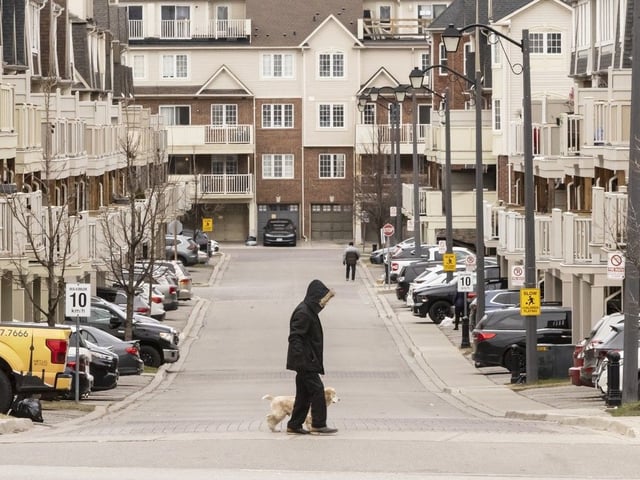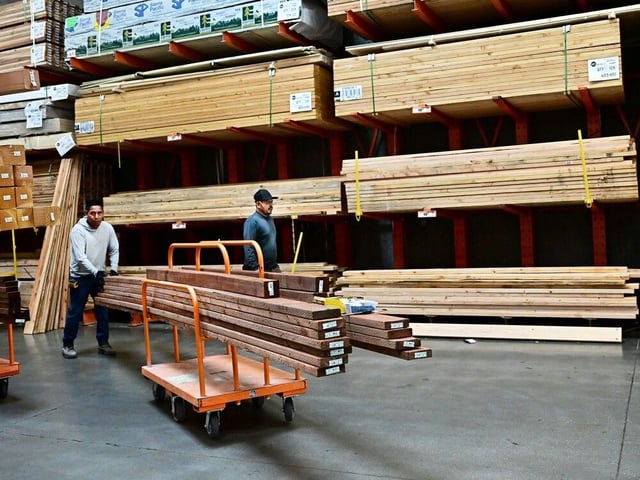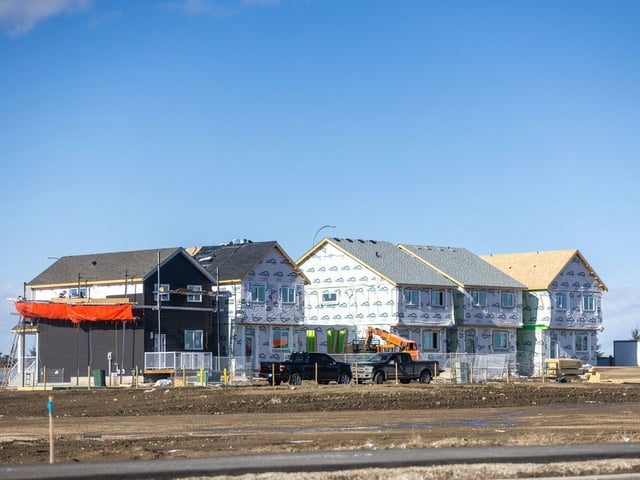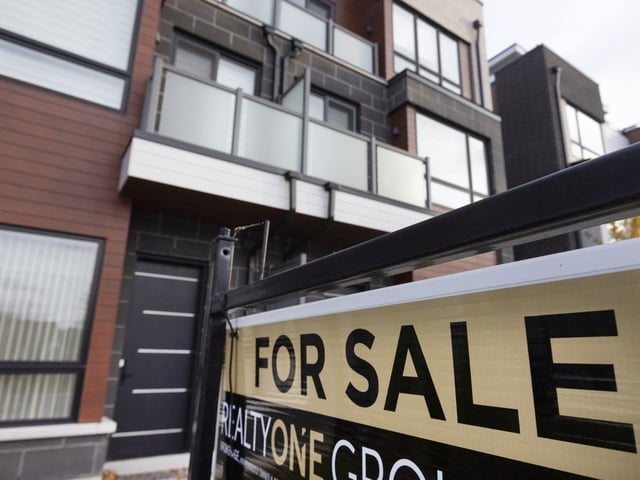Overview
- Canada's resale housing market now reflects balanced conditions with a sales-to-new-listings ratio of 46%, though Edmonton remains a seller’s market above 60%.
- Edmonton is forecast to see a 9% rise in home prices by the end of 2025, making it one of the strongest growth markets in Canada.
- Calgary's resale activity has dropped significantly, with a 17% year-over-year decline and affordability issues, as the benchmark price for single-family homes reaches $760,000.
- U.S. new home starts fell over 11% in March, the largest decline since April 2020, driven by rising input costs and uncertainty from volatile trade policies.
- Tariffs on Canadian lumber have increased costs for over 60% of U.S. homebuilders, contributing to inflationary pressures and dampened builder confidence.



